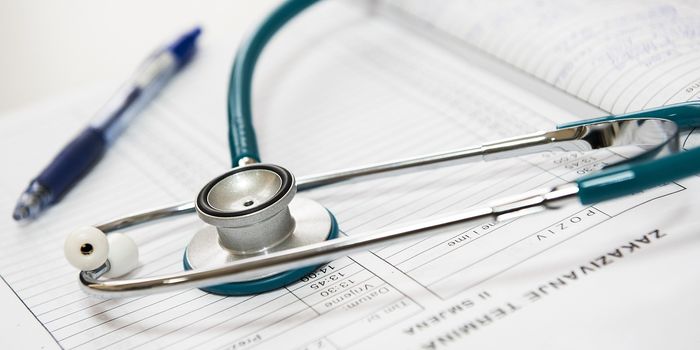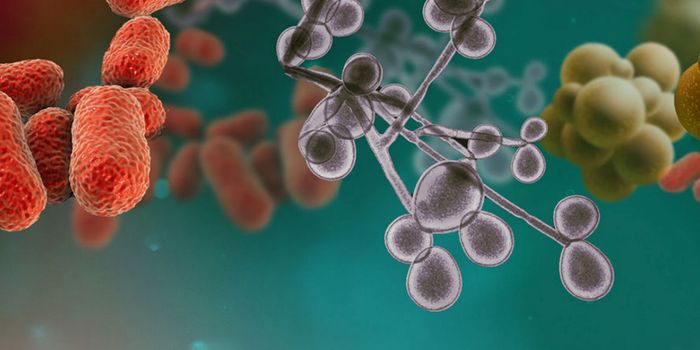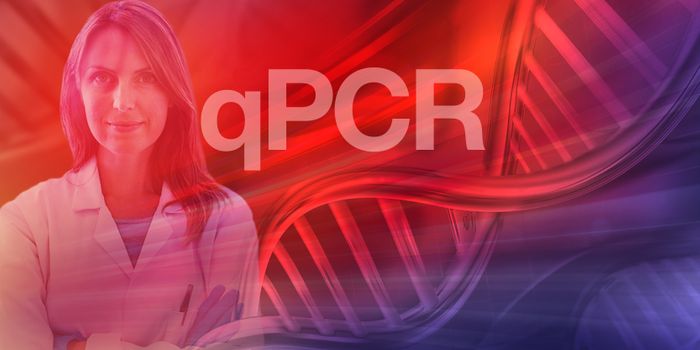Biomarkers Affected By Alcohol Linked to Survival of Gastric Cancer Patients
For the first time, scientists have made a connection between specific biomarkers and gastric cancer outcomes.
Alcohol consumption is a known risk factor for gastric cancer, partly because it interacts with specific proteins, which ultimately influences how a person with gastric cancer will respond to a type of chemotherapy, platinum-based adjuvant chemotherapy.
One protein, transcription factor IIB-related factor 1 (BRF1), a “key microRNA-processing modulator, has the attention of researchers in a new American Journal of Pathology study. In the past, both alcohol consumption and BRF1 have also been linked to breast and liver cancer.
Additionally, researchers are investigating the role of BRCA1/2, a gene linked to increases in a person’s risk of breast cancer, and myeloperoxidase (MPO), an enzyme linked to risk of heart attack, which are apparently more likely to occur in people with gastric cancer who do not stop drinking alcohol.
“We found that DNA repair-related markers, BRF1, BRCA1/2, and MPO, have good prognostic value in gastric cancer patients with or without harmful alcohol consumption habits,” explained Hua Wang, MD, PhD, and co-senior author Kangsheng Gu, MD, PhD. “Moreover, these proteins are also associated with how effective platinum-based adjuvant chemotherapy will be for gastric cancer patients.”
Wang, Gu, and the other researchers conducted a study with a tissue analysis from 77 patients who had previously received surgery for primary gastric adenocarcinoma, inside and outside the tumor area. Some patients underwent radical surgery (66) while others received platinum-based adjuvant chemotherapy (57). An overwhelming majority (94 percent) experienced disease recurrence within 18 months.
The results showed that BRF1, BRCA1/2, and MPO were effective at predicting which patients would benefit the most from platinum-based adjuvant chemotherapy. They also found that alcohol only continued to make things worse for gastric cancer patients.
But how exactly do these proteins interact with alcohol and contribute toward cancer growth?
"Until now, there have been no good markers to indicate alcohol consumption in gastric cancer tissue," Wang said. "Future larger clinical trials are planned to explore the prognostic utility of these biomarkers in gastric and other cancers in patients who consume hazardous quantities of alcohol."
The present study was published in the American Journal of Pathology.
Sources: Cleveland Clinic, Elsevier









